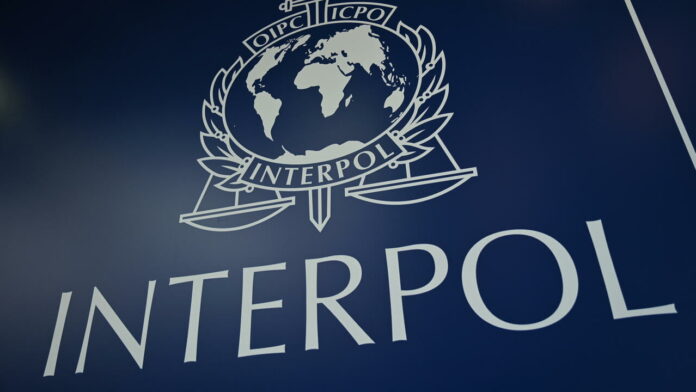Interpol has uncovered that Nigeria is losing huge amounts of money to laundering every hour, with funds being moved all around the world. Garba Umar, the Interpol Vice President for Africa, shared this alarming news in Abuja during the start of a four-day training session for Nigerian law enforcement agencies at the EFCC Academy.

Umar explained that money laundering is a massive issue not only in Africa but globally. Interpol has introduced “Silver Notices” to help fight this problem. He highlighted that every hour, hundreds of thousands of dollars are illegally transferred from Nigeria to other regions and countries. This money ends up in the hands of criminals, making them richer, while honest Nigerians suffer the consequences.
He stressed that when criminal money is laundered successfully, it brings more drugs, fraud, corruption, and violence into the country. It also weakens financial institutions. Umar warned that with the new Silver Notices, laundering illicit funds will become much harder worldwide.
The training workshop aimed to strengthen the abilities and coordination of law enforcement agencies to tackle financial crimes. Umar emphasized the need for continuous training to stay ahead of fraudsters, as financial crimes are becoming increasingly international. He encouraged the workshop participants to discuss and learn about transnational crimes, find solutions, and improve policing capabilities to support Nigeria and enhance cooperation among law enforcement agencies.
Umar also called for collaboration among different law enforcement agencies to ensure that criminals cannot enjoy their ill-gotten gains. He emphasized that working together, identifying common problems, and taking coordinated actions are essential for the country to progress.
EFCC Chairman Ola Olukoyede echoed the need for better collaboration in fighting financial crimes. He pointed out that corruption is complex and requires joint efforts from all organizations involved. Speaking through Francis Usani, Director of Fraud Risk Assessment and Control, Olukoyede praised the EFCC’s record in tackling corruption and highlighted the importance of prevention over prosecution.
Kazuyoshi Matsunaga, Japan’s Ambassador to Nigeria, described the workshop as a vital joint effort between Japan and Nigeria to combat financial crimes. He noted that in today’s globalized world, financial crimes cross borders, requiring international cooperation. Matsunaga shared a success story where Japanese and Nigerian law enforcement agencies worked together to return stolen funds to a Japanese victim, showcasing the benefits of such partnerships.
Hafsat Bakare, head of the Nigerian Financial Intelligence Unit (NFIU), emphasized the need for strong capacity and coordination against financial crimes. She highlighted the importance of financial intelligence and analysis in fighting economic crimes and expressed hope that the training would help Nigeria get off the Financial Action Task Force’s Grey List by mid-2025.
Isaac Oginni, Director of the Interpol Financial Crime and Anti-Corruption Centre (IFCACC), stressed that the key to disrupting organized crime is to cut off their financial gains. He encouraged participants to use financial intelligence effectively to build profiles around suspects and work together to fight money laundering.
The workshop, organized by Interpol and the Japan International Cooperation Agency (JICA) and hosted by the EFCC, included participants from various Nigerian law enforcement agencies such as the Police, EFCC, NFIU, Nigeria Immigration Service, and Nigeria Customs Service. This training aimed to enhance the capabilities of Nigerian law enforcement in combating financial crimes through increased national collaboration and cooperation.




